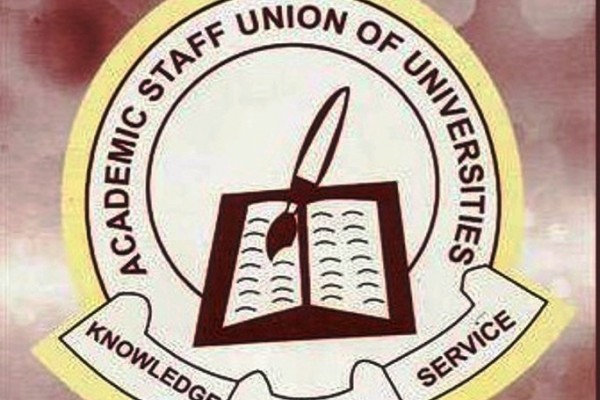The Academic Staff Union of Universities has issued a stern warning to the Federal Government over the prolonged failure to resolve critical issues affecting Nigeria’s university system, with union leaders declaring that academic staff patience has reached its limits.
Speaking during an interview with Punch in Jos on Sunday, ASUU National President Professor Chris Piwuna expressed deep frustration over seven years of fruitless negotiations, cautioning that the union would not be held responsible for any consequences arising from continued government inaction.
“We are tired of words and promises,” Piwuna declared, highlighting the mounting exasperation among university lecturers who have watched their working conditions deteriorate while awaiting government action on longstanding commitments.
The ASUU president revealed that negotiations have been ongoing since the union began pushing for renegotiation of the 2009 agreement, yet concrete outcomes remain elusive despite repeated government assurances.
“Our efforts are frustrated by the government. It has been seven years now since we started the renegotiation with the government. It has reached a point that something must give way. We either have an agreement or we don’t,” Piwuna stated.
He emphasized that union members would only respond to tangible government action rather than continued promises, signaling potential escalation if the current deadlock persists.
The ASUU leader outlined several key demands that have remained unresolved for years, including improved working conditions, university autonomy, academic freedom, sustainable funding mechanisms, and payment of earned academic allowances.
Professor Piwuna linked these unaddressed issues directly to the declining quality of public university education across Nigeria, arguing that infrastructural decay, demoralized staff, and rising cultism could be effectively tackled through increased funding and better remuneration.
“We believe that the infrastructural decay, demoralised staff, cultism and quality of education in our universities can best be addressed through increased funding and improved remuneration for our members,” he explained.
The union president stressed that improved welfare packages were essential for maintaining academic excellence and restoring integrity to Nigeria’s higher education system.
In a bid to prevent institutional friction, Piwuna called for inclusive salary reviews that would encompass non-teaching university staff alongside academic personnel.
“Let me be clear, non-teaching staff of the university should be carried along as our salaries are reviewed. It will promote harmony and stabilise the system,” he stated.
The ASUU president concluded with a veiled threat, suggesting that the government should prepare for potential consequences if negotiations continue to stagnate.
“In the days and weeks ahead, the government should be ready to accept whatever they see,” Piwuna warned, indicating that the union may be considering decisive action to break the prolonged impasse.
This development raises concerns about possible industrial action that could disrupt academic activities across Nigerian universities, echoing previous strikes that have significantly impacted the country’s higher education calendar.









